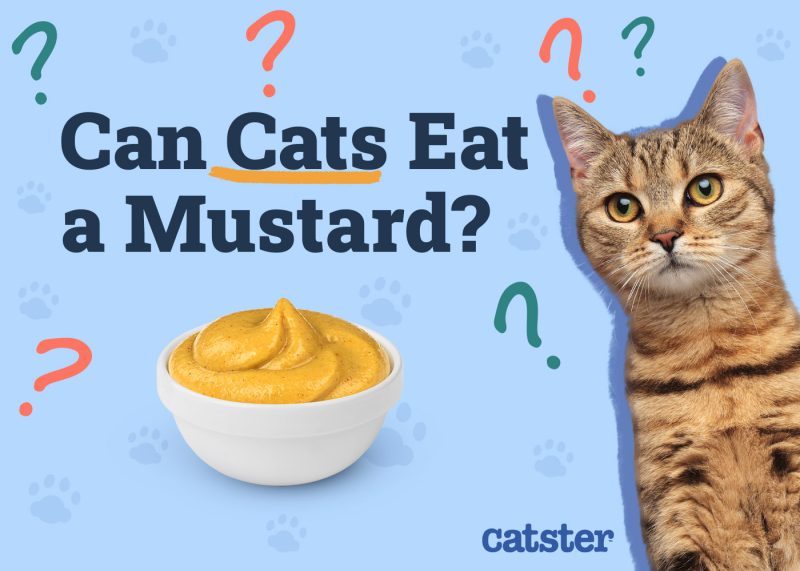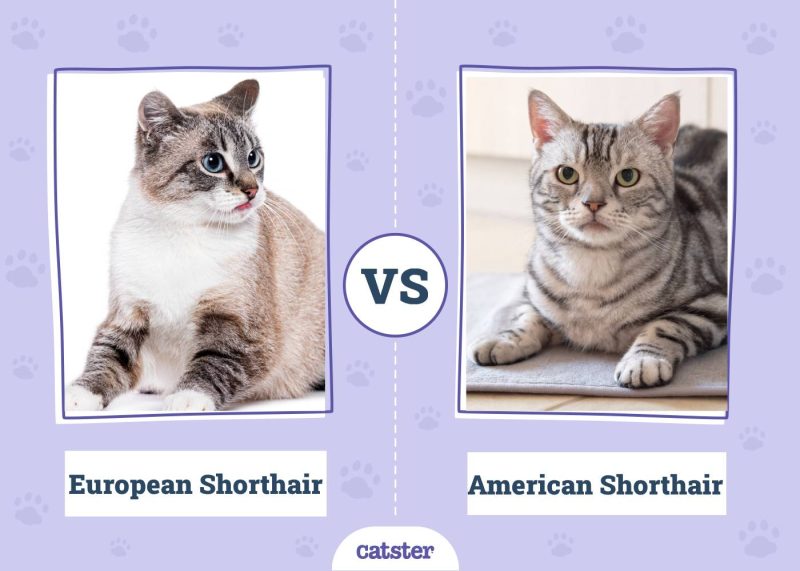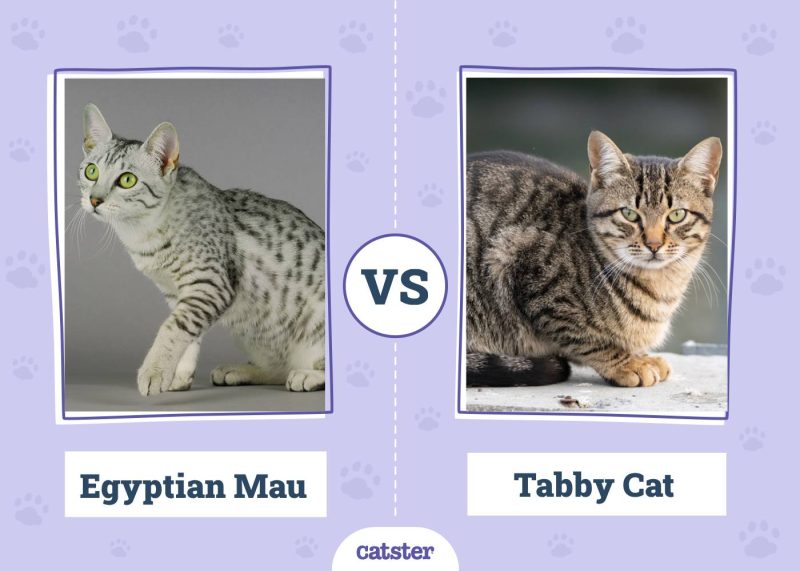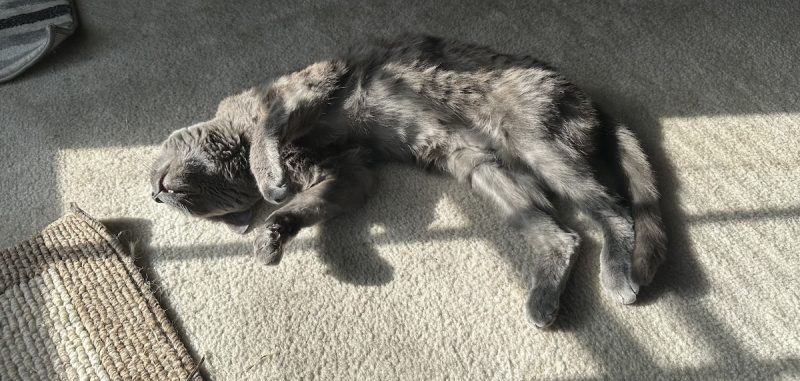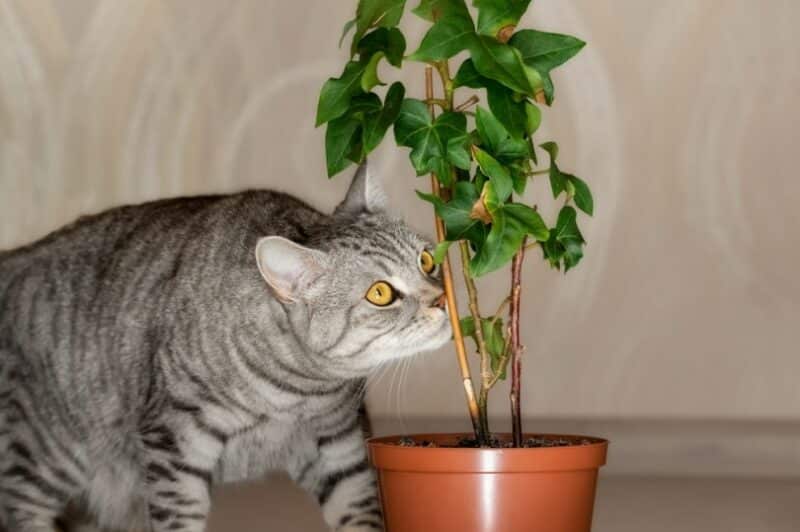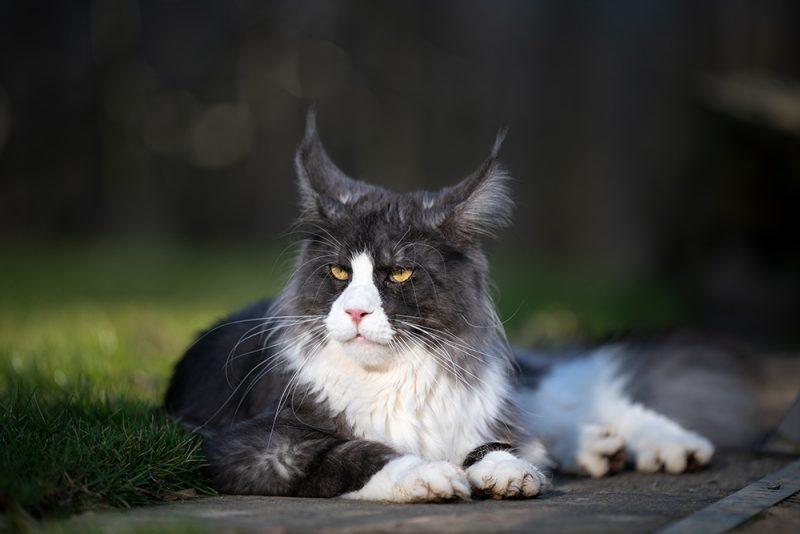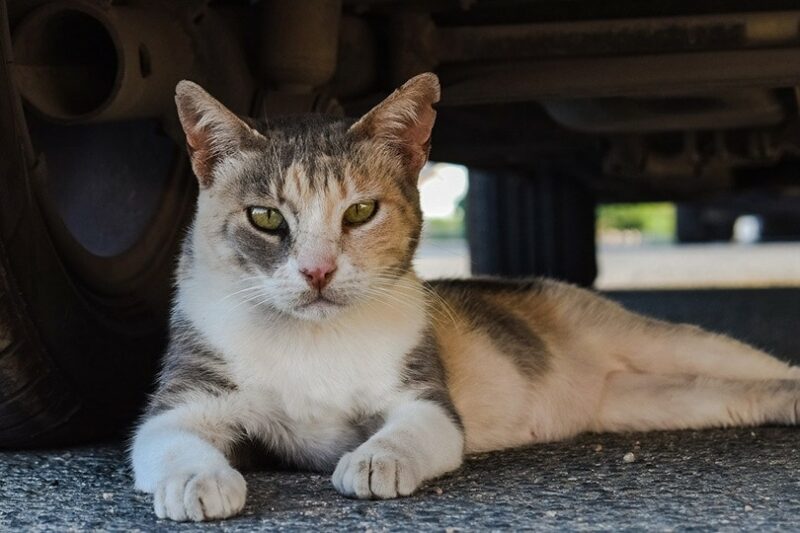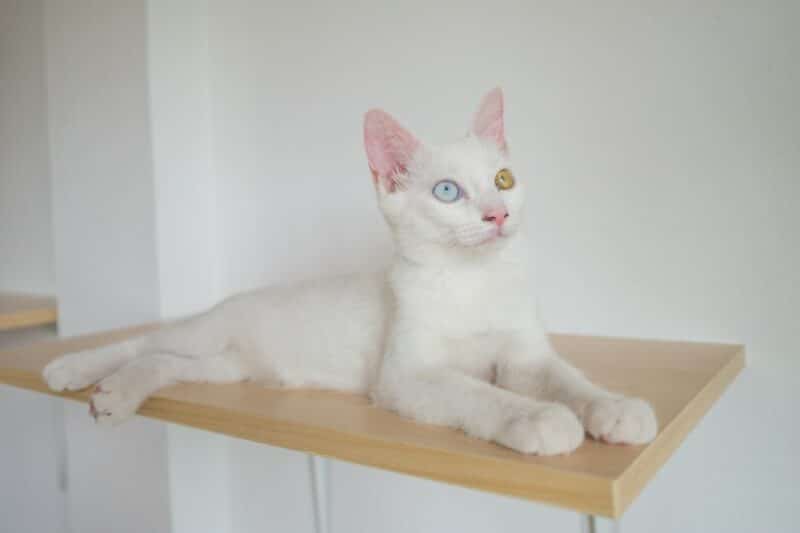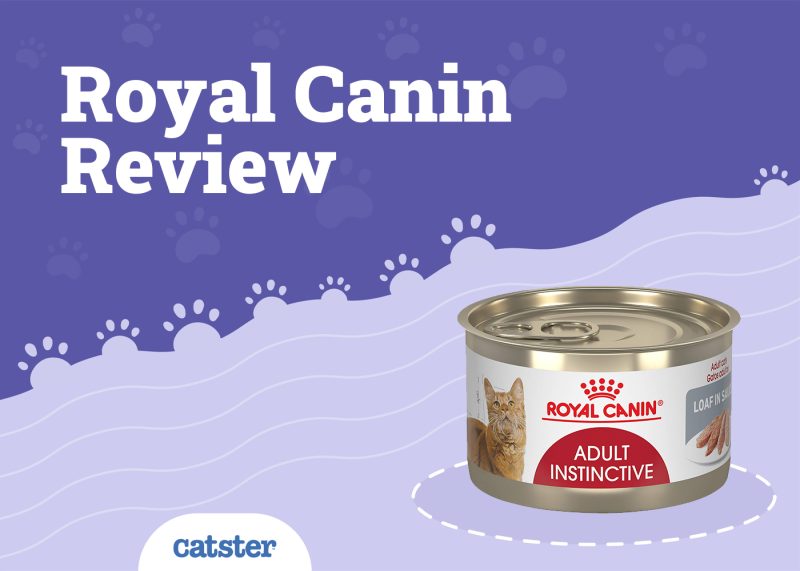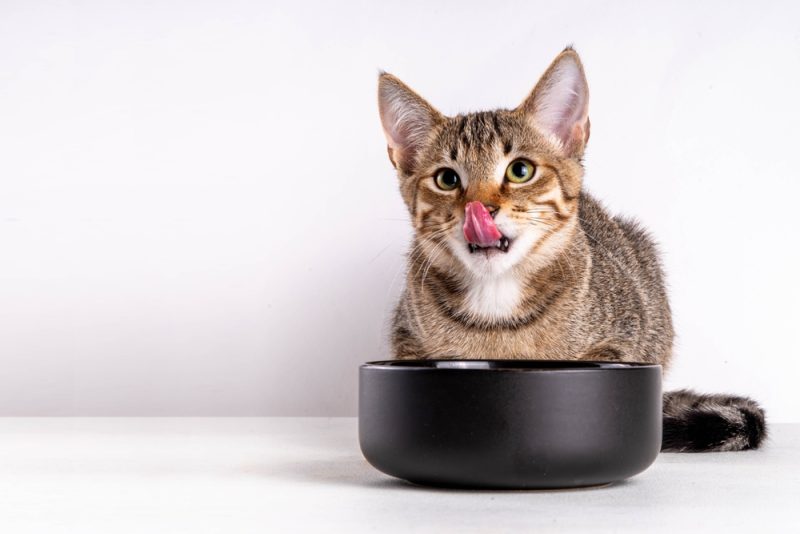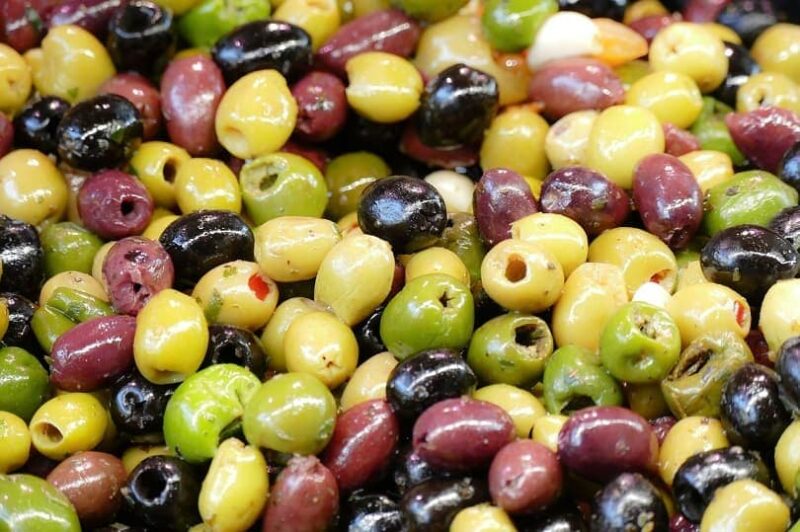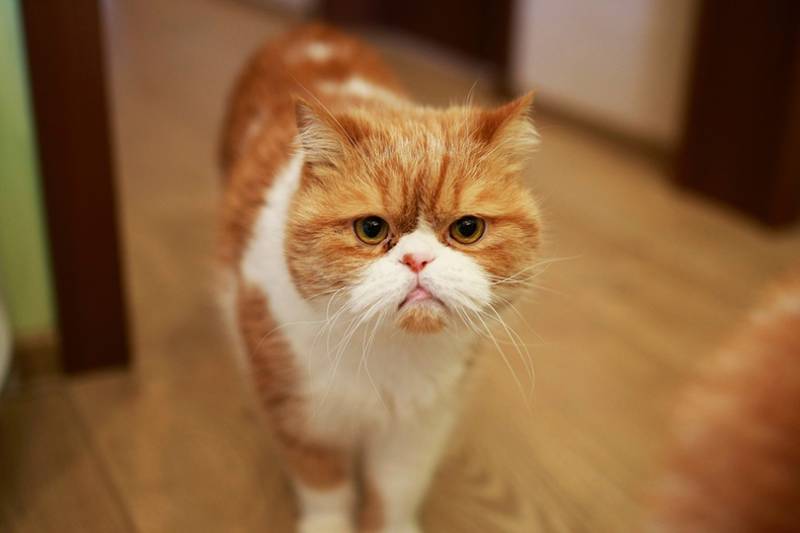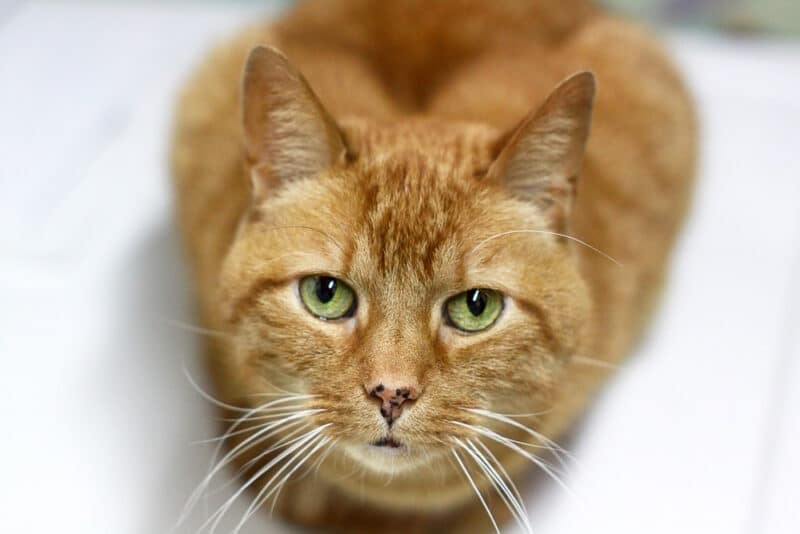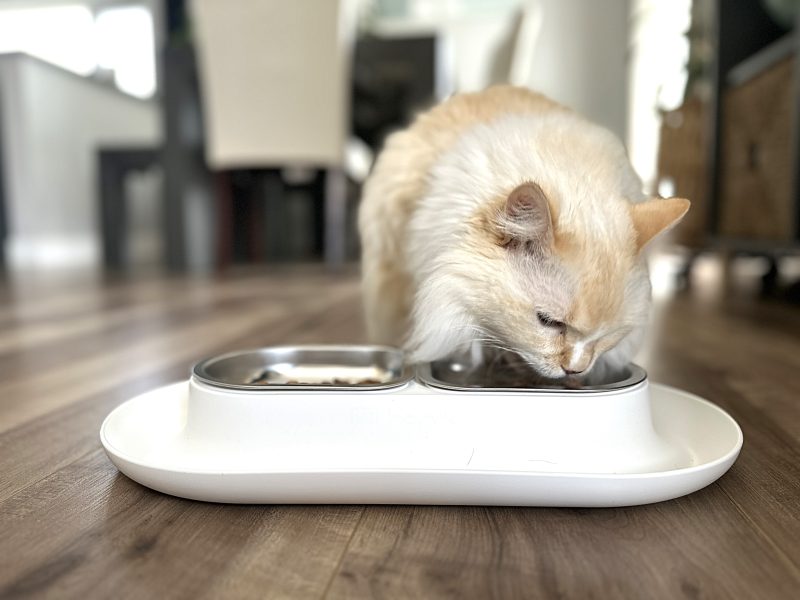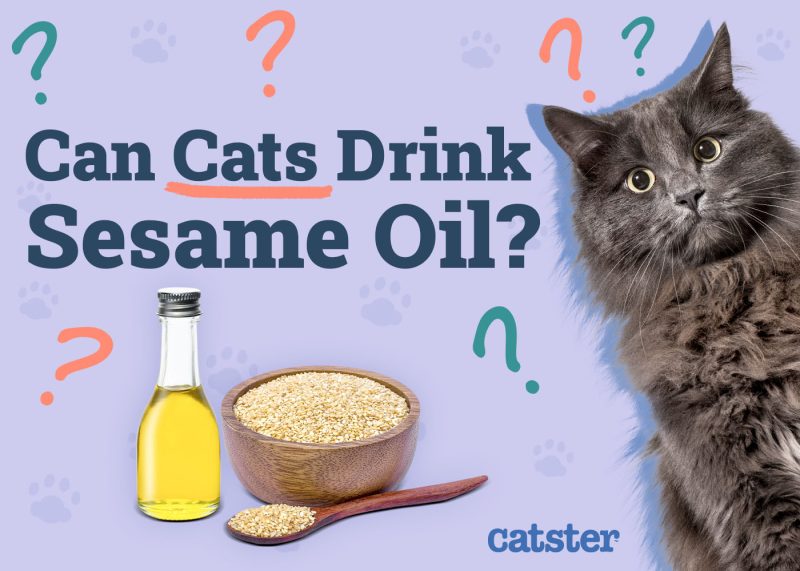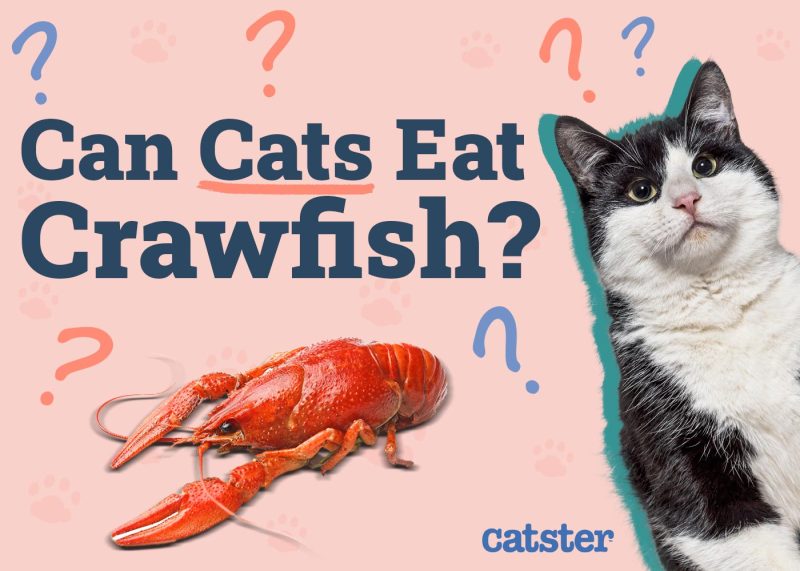In this article
A cat sneaking a taste of the turkey sandwich you accidentally left on the counter can seem harmless until you consider everything that might be in it. While many toppings like lettuce or mayo may be safe for cats to eat in moderation, mustard can cause issues especially in large amounts, making it unsuitable for your pet’s diet.
It may seem strange that an everyday meal addition like mustard can be palatable for humans but problematic for cats, but it is just one of countless examples of safe human foods that can hurt our pets. Let’s explore the extent of the issues involved in this explanation of why cats can’t eat mustard.

Why Can’t Cats Eat Mustard?
The main ingredients in most mustard types are vinegar (distilled or apple cider vinegar) and mustard seed. While both are essential in creating mustard’s distinct flavor, they can also work together to aggravate your cat’s digestive system. Add a few marginal yet highly toxic spices, including garlic and onion powder, and we have all the makings for a poor experience.
All mustard varieties contain mustard seed (often ground into mustard powder), with different types adding unique flavor and color to each mustard style. Yellow mustard seeds and powder give traditional yellow mustard its relatively mild flavor, while the most intense brown mustard seeds give brown and Dijon varieties their signature spicy kick.
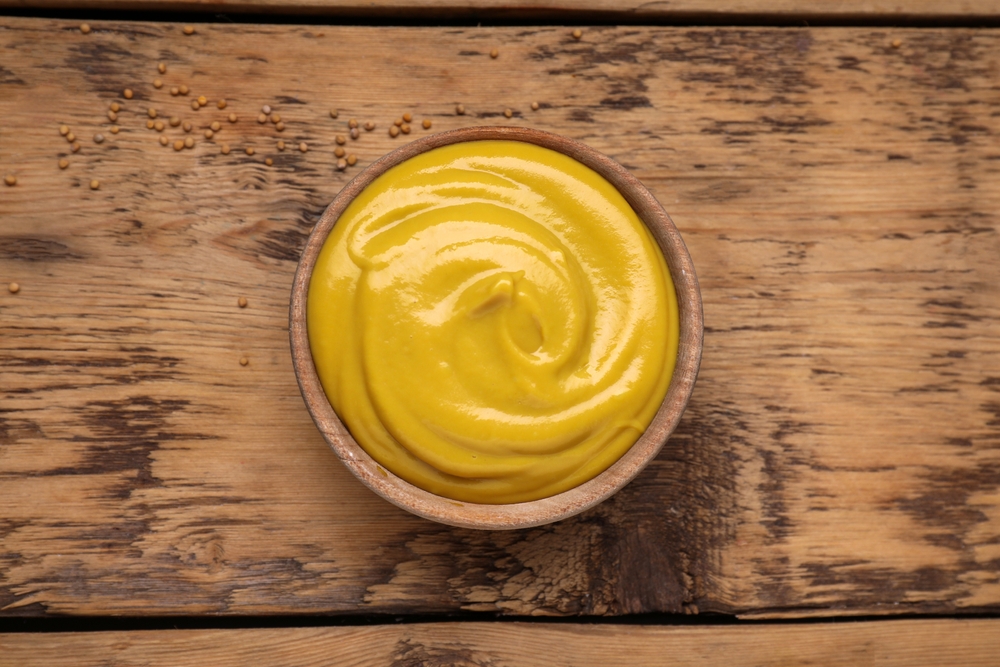
Gastrointestinal Upset
Vinegar and mustard seeds in table mustard aren’t necessarily toxic to cats, but they can have adverse effects when your pet eats them in excess. Although vinegar may have some benefits, the acidity could cause an upset stomach.
Likewise, some compounds in mustard seed can promote oral and gastrointestinal issues, though mustard is unlikely to cause lasting damage. When cats eat more than a lick of mustard, it may cause immediate signs of gastroenteritis, such as:
- Excessive drooling
- Vomiting
- Diarrhea
- Stomach pain
- Loss of appetite
Dry mustard powder is sometimes used to induce vomiting in pets, though it isn’t advisable. Veterinarians point out that this and many other home remedies (e.g., liquid dish soap, hot sauce) are generally contraindicated, as safer, less aggressive, and more reliable options are available. Never induce vomiting at home without supervision of a vet.
Mustard Seed Compounds
The compound that gives mustard its pungent aroma and sharp flavor is allyl isothiocyanate. Its off-putting taste is a defense mechanism to protect the plant from herbivores. Beyond mustard seed, this compound is abundant in similarly spicy plants like horseradish and wasabi.
Fortunately, mustard seed’s repellency is usually effective against many animals. Alongside the acrid taste of vinegar in mustard, the flavor typically keeps cats from eating anything more than a small taste if it doesn’t deter them entirely.
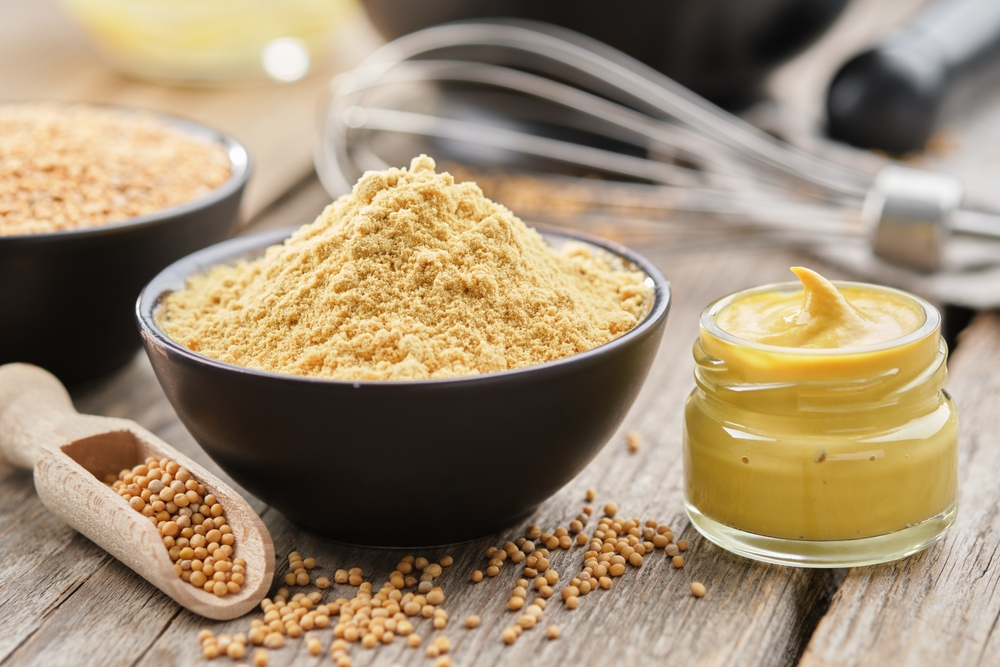
Additional Toxic Ingredients
Although many common mustard spices like turmeric and paprika won’t harm a cat, the garlic and onion powder that mustard often contains are highly toxic to cats, even in small amounts. Garlic, onion, and other Alliums are among the top toxins for cats in everyday foods.
Signs of Garlic and Onion Toxicity
Signs of garlic poisoning begin with gastroenteritis, involving vomiting, diarrhea, and stomach pain. The issue will then progress to oxidative damage to the cat’s red blood cells, with signs including:
- Rapid or difficult breathing
- Increased heart rate
- Pale mucous membranes
- Lethargy
- Dark-colored urine
- Weakness and collapse
Cats are roughly two to three times more prone to hemoglobin damage than other species, so it often takes less than ⅛ teaspoon of garlic powder to cause poisoning. Fortunately, a typical mustard recipe only has about ⅛–1 teaspoon of garlic powder for every few cups of mustard. Since cats often won’t have more than a few licks, they’re unlikely to ingest excessive amounts of garlic in one sitting.
Hematological damage is cumulative, though, since it takes time for bone marrow to replace the damaged red blood cells. If your cat ingests small amounts of garlic and onion daily, they are more likely to suffer damage.
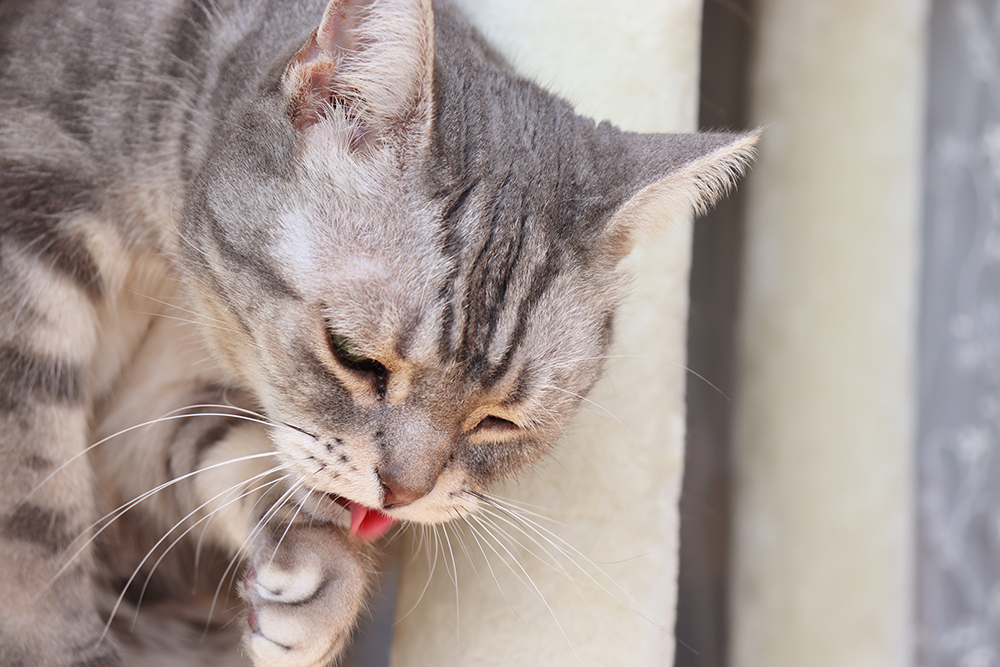
What to Do If Your Cat Eats Mustard
Assess how much mustard your cat has eaten. If they only ingested a few licks, provide fresh water and monitor for signs of distress. Due to the many compounds that promote stomach upset, your cat may vomit or have diarrhea, but they will often recover quickly, typically within a few days.
If your cat eats an excessive amount and shows severe signs of distress and ongoing vomiting and diarrhea, contact your vet or a pet poison control hotline. Online cat telehealth services are also available for immediate advice, often free of charge, to help determine whether you should seek immediate medical care.
If you need to speak with a vet but can't get to one, head over to PangoVet. It's an online service where you can talk to a vet online and get the advice you need for your pet — all at an affordable price!

Conclusion
Although your cat may have adverse effects from the vinegar and mustard seed, problems from eating mustard are unlikely to progress past temporary vomiting or diarrhea. Cats typically have little desire to eat mustard thanks to its intense aroma and flavor, so overconsumption is a rare issue. Still, it’s important to make a habit of protecting your sandwiches, hamburgers, and hot dogs, and you’ll likely never have to worry about your cat having more than they can handle.
Featured Image Credit: New Africa, Shutterstock
